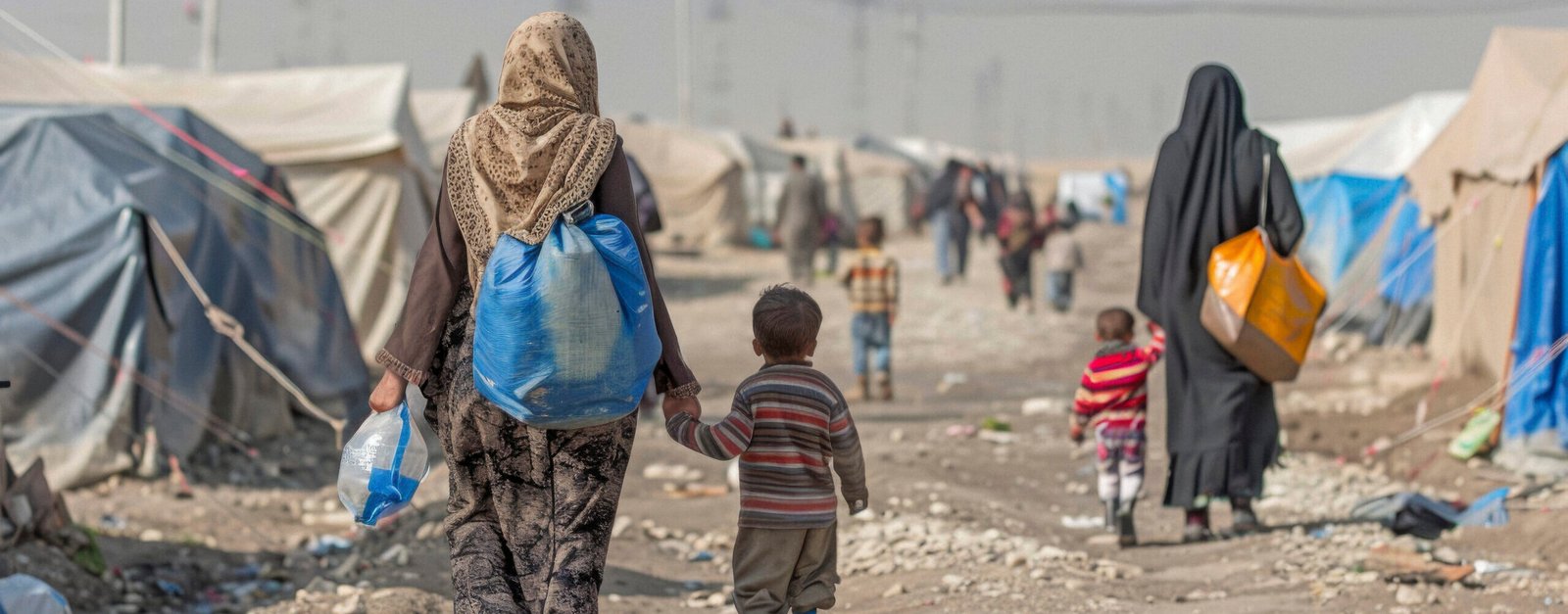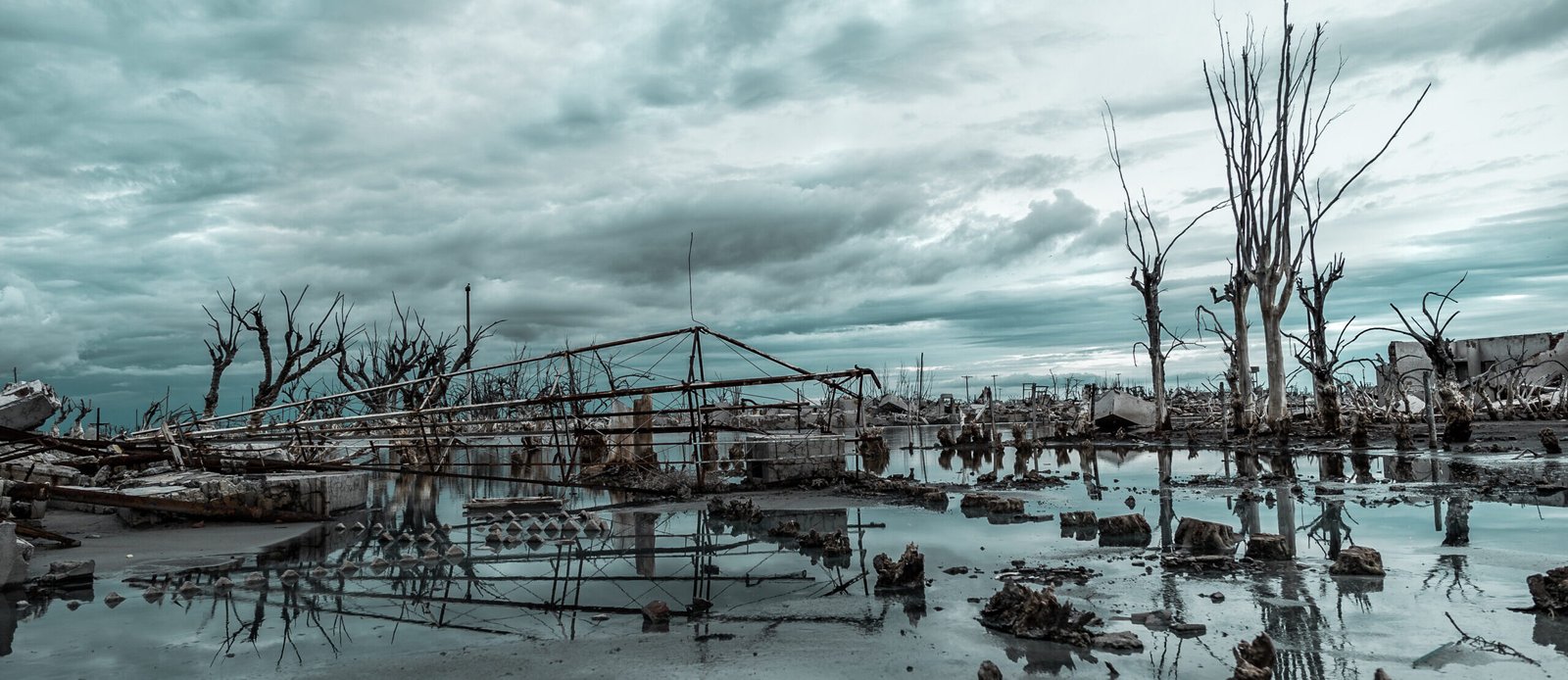Table of Contents
ToggleThe global average temperature is on the rise, and the frequency and intensity of extreme weather events will continue to increase. The main driving factor behind this is climate change caused by human activities. Therefore, it is urgent to reduce global greenhouse gas emissions.
This blog will tell you everything about global warming.
1. What is the Global Warming?
Global warming is a natural phenomenon caused by the continuous accumulation of the greenhouse effect, which leads to an imbalance in the energy absorbed and emitted by the earth-atmosphere system. Energy continues to accumulate in the earth-atmosphere system, causing the temperature to rise and causing global warming.
2. What Is Greenhouse Effect?
The greenhouse effect refers to the effect that the planet’s atmosphere absorbs radiation energy, causing the planet’s surface to warm up. Its mechanism is similar to the mechanism by which a greenhouse causes the temperature to rise, hence the name “greenhouse effect.”
Many studies have pointed out that human factors have abnormally intensified the greenhouse effect on Earth, causing the effect of global warming.

3. What Are the Harm of Global Warming?
Natural disasters are affected by climate change, and negative climate change caused by human factors will lead to an increase in natural disasters.
-
Increase in Climate-related Natural Disasters
According to the World Meteorological Organization (WMO), climate change and increasingly extreme weather events have led to a nearly fivefold increase in natural disasters over the past 50 years, with poorer countries particularly affected.
-
Climate Refugees on the Rise
Every year, many people are displaced by natural disasters such as floods, storms, wildfires and extreme temperatures. As a result of climate change and natural disasters, more and more people will become climate refugees, which will be a long-term danger to the stability of global societies and economies.

-
Economic Growth is Hurt
Over the past 50 years, the economic losses caused by climate-related natural disasters have increased by about 7 times, from an average of 49 million US dollars per day to 383 million US dollars per day. Storm disasters are the type of disaster that causes the greatest economic losses worldwide.
-
Agriculture in Less Developed Regions is Affected
Natural disasters have severely affected agriculture in developing countries, with the worst situation in the least developed countries and low- and middle-income countries. Asia is the region most affected by agriculture, followed by Africa. Drought is considered the biggest culprit for agricultural production losses.
4. What Are the Harm of Greenhouse Effect?
In addition to CO2, other gases that can produce the “greenhouse effect” include O3, CH4, and chlorofluorocarbons. The greenhouse effect caused by environmental pollution refers to the phenomenon that the earth’s surface becomes warmer. It will bring the following serious consequences:
- Increase in pests and diseases on the earth
- Rising sea levels
- Abnormal climate and more ocean storms
- Dry land and increased desertification
5. What Causes Global Warming?
Fossil fuels – coal, oil and gas – are by far the largest contributor to global climate change, accounting for more than 75% of global greenhouse gas emissions and nearly 90% of all carbon dioxide emissions.

Emitted greenhouse gases envelop the Earth, trapping the sun’s heat and causing global warming and climate change. The world is warming faster now than at any time since records began. Over time, warming temperatures are changing weather patterns and upsetting nature’s normal balance. This poses many risks to humans and all other forms of life on Earth.
6. How to Slow Down Global Warming?
Each of us can help slow global warming by making small lifestyle changes.
-
Energy Saving at Home
We can reduce energy use by switching to LED light bulbs and energy-efficient appliances, washing clothes with cold water, and hanging clothes out to dry instead of drying them. Improve home energy efficiency, for example through better insulation, or replace household oil or gas furnaces with electric heat pumps.
-
Use More Environmentally Friendly Refrigerants
It is recommended to use natural refrigerants. They will not damage the ozone layer and have a negligible impact on global warming potential.
You can check FlyCheng’ commercial ice maker here: FlyCheng ice maker.
-
Walk, Bike or Take Public Transportation
Most vehicles today burn diesel or gasoline. Walking or biking instead of driving will reduce greenhouse gas emissions and help your health and fitness. If the distance is long, consider taking a train or bus.

-
Reduce Food Waste
When you throw away food, you’re also wasting the resources and energy used to grow, produce, package and transport it. And when food rots in landfills, it produces methane, a powerful greenhouse gas. According to the United Nations, reducing food waste can reduce your carbon footprint by up to 300 kilograms of carbon dioxide per year.
7. In Conclusion
The impact of global warming cannot be underestimated. We should unite to protect our planet.






